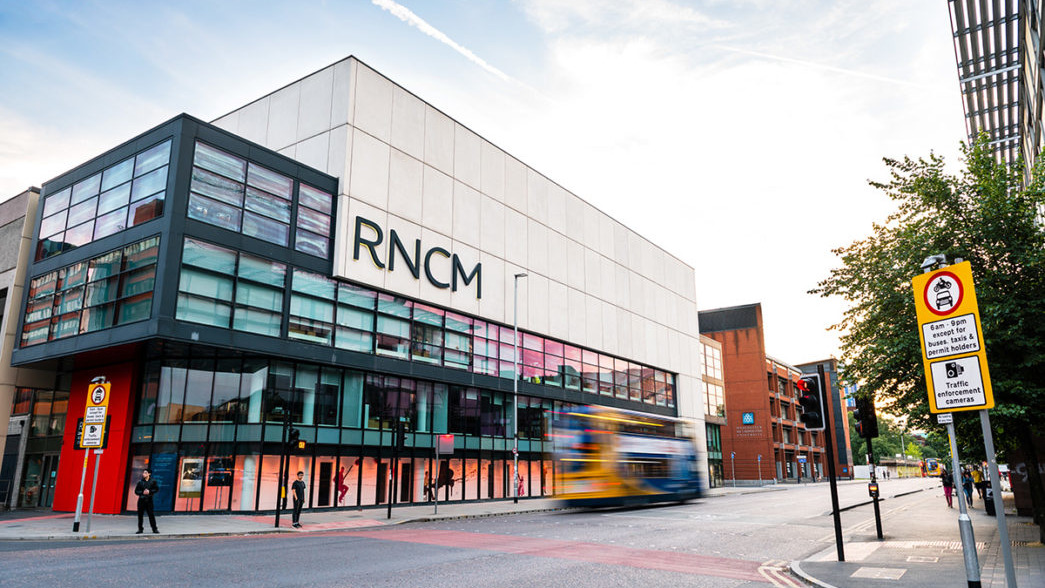What's On
RNCM Research Forum
Identities and Boundaries: Musical Interactions and Cosmopolitanism beyond the City
Wednesday 8 October 2025, 4.15pm
RNCM Studio 8

About
This talk investigates the role of the British Country House as cultural centre outside of the urban sphere. The Country House, inhabited for half the year by the aristocracy and, increasingly during the nineteenth century, the political elite, was a hub of both cultural activity and of cultural control as those with financial means imported cultural goods through which they signalled their status and their realm of influence. The country house, then, can function as a looking glass magnifying the pretence of cosmopolitanism and globalism as it reflects the cultural consumerism of global goods in its Chinese wallpapers, mahogany chests and pianos luxuriously decorated with satinwood and ebony.
Music-making brought to life this import of cultural goods through regular invitations and acts of patronage: musicians, particularly those of foreign origin, would be introduced to society in the semi-private setting of musical soirees; as singing teachers and dancing masters they would enter into long-term relationships within these spaces that provided them with financial security and that provided cultural refinement for the family but that also afforded those hiring their services a sense of ownership over the musician as cultural good. In addition, such patronage cemented the country house as a local cultural centre as its owners supported foreign musicians’ celebration within the nearby urban musical developments, particularly choral society activities.
This talk examines these co-dependencies with reference to several examples so as to tease out processes of ‘othering’ musicians along national ‘types’. It highlights the significance of ‘foreignness’ within this cultural exchange in a semi-private sphere that exoticises opera stars in particular and promotes them as cultural goods within a wider trans-European cultural economy of goods and services.
Biography
Professor Wiebke Thormählen, historian and violinist, explores music as social and educational activity at the intersection of domestic and public music-making, with a particular focus on individual and collective identity construction. Particular interests are arrangements of large-scale works, domestic devotional music and the engagement with opera in the home. She was co-investigator on the AHRC-funded project ‘Music, Home and Heritage: Sounding the Domestic in Georgian Britain’. Notable publications include the Routledge Companion to Music, Mind and Well-being: Historical and Scientific Perspectives (2018, co-editor), and Sound Heritage: Making Music Matter in Historic Houses (2021, co-editor), a collection bringing together musicologists, historians and museum and heritage professionals.
Tickets
Free admission, no ticket required
Promoted by RNCM.
This event will end at approximately 5.30pm.

